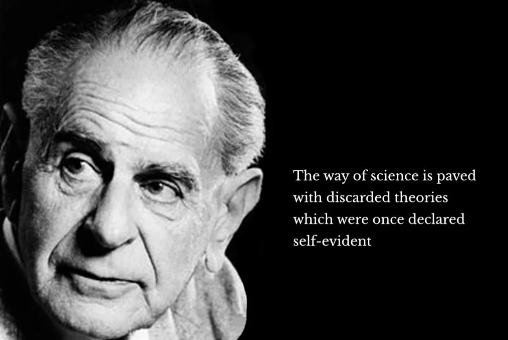Karl Popper
Known for his role in defining the progress of human knowledge by distinguishing between science and pseudoscience.
https://en.wikipedia.org/wiki/Karl_Popper
Refutation of Marxism
Popper also considers that contemporary Marxism also lacks scientific status. Unlike psychoanalysis, he argues, Marxism had been initially scientific, in that it was genuinely predictive. However, when these predictions were not in fact borne out, the theory was saved from falsification by the addition of ad hoc hypotheses which made it compatible with the facts. By this means, Popper asserts, a theory which was initially genuinely scientific degenerated into pseudo-scientific dogma. As he sees it, the Hegelian dialectic was adopted by Marxists not to oppose dogmatism but to accommodate it to their cause by eliminating the possibility of contradictory evidence. It has thus become what Popper terms “reinforced dogmatism” (1963: 334).
These factors combined to make Popper take falsifiability as his criterion for demarcating science from non-science: if a theory is incompatible with possible empirical observations it is scientific; conversely, a theory which is compatible with all such observations, either because, as in the case of Marxism, it has been modified solely to accommodate such observations, or because, as in the case of psychoanalytic theories, it is consistent with all possible observations, is unscientific. However, Popper is not a positivist and acknowledges that unscientific theories may be enlightening and that even purely mythogenic explanations have performed a valuable function in the past in expediting our understanding of the nature of reality.
